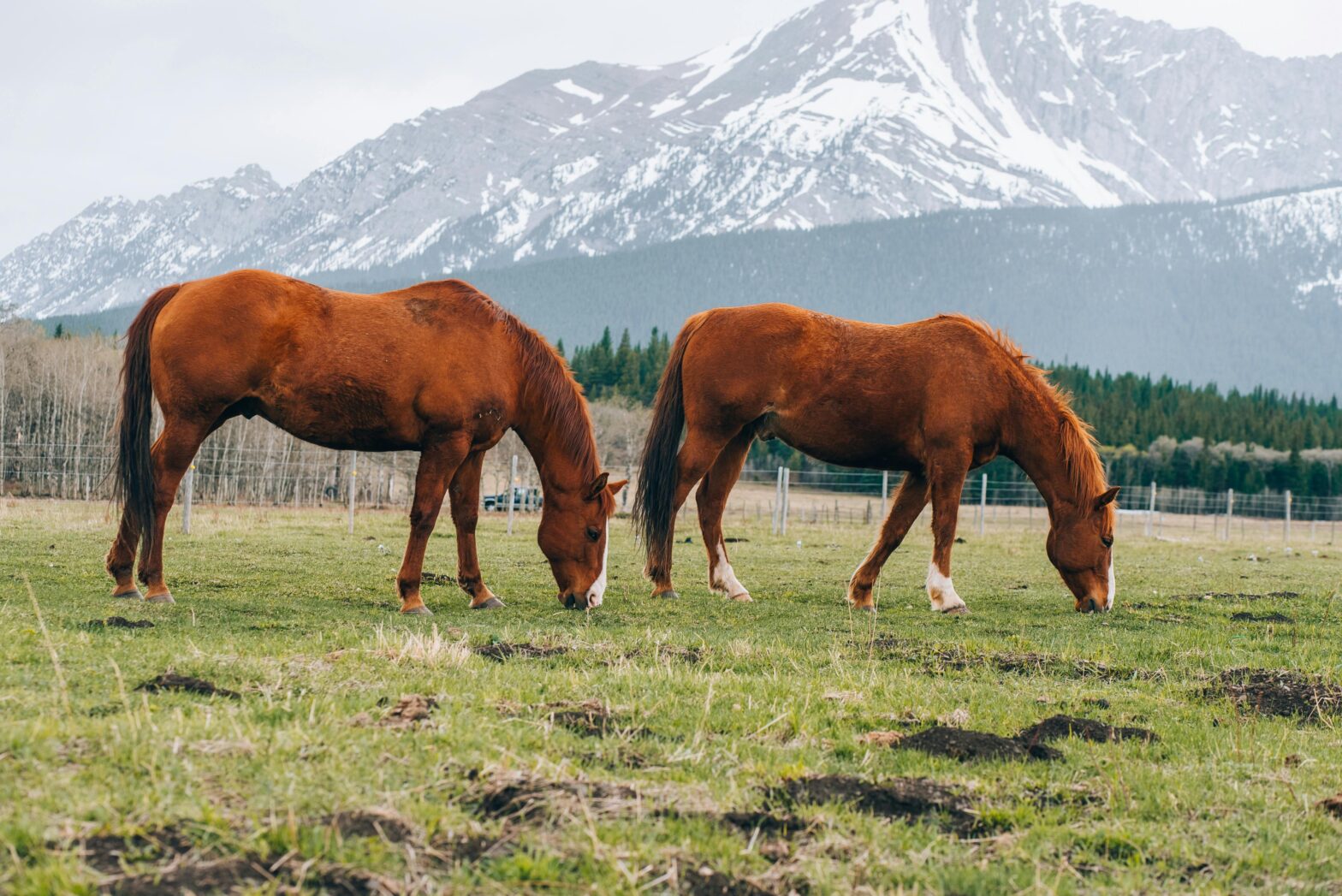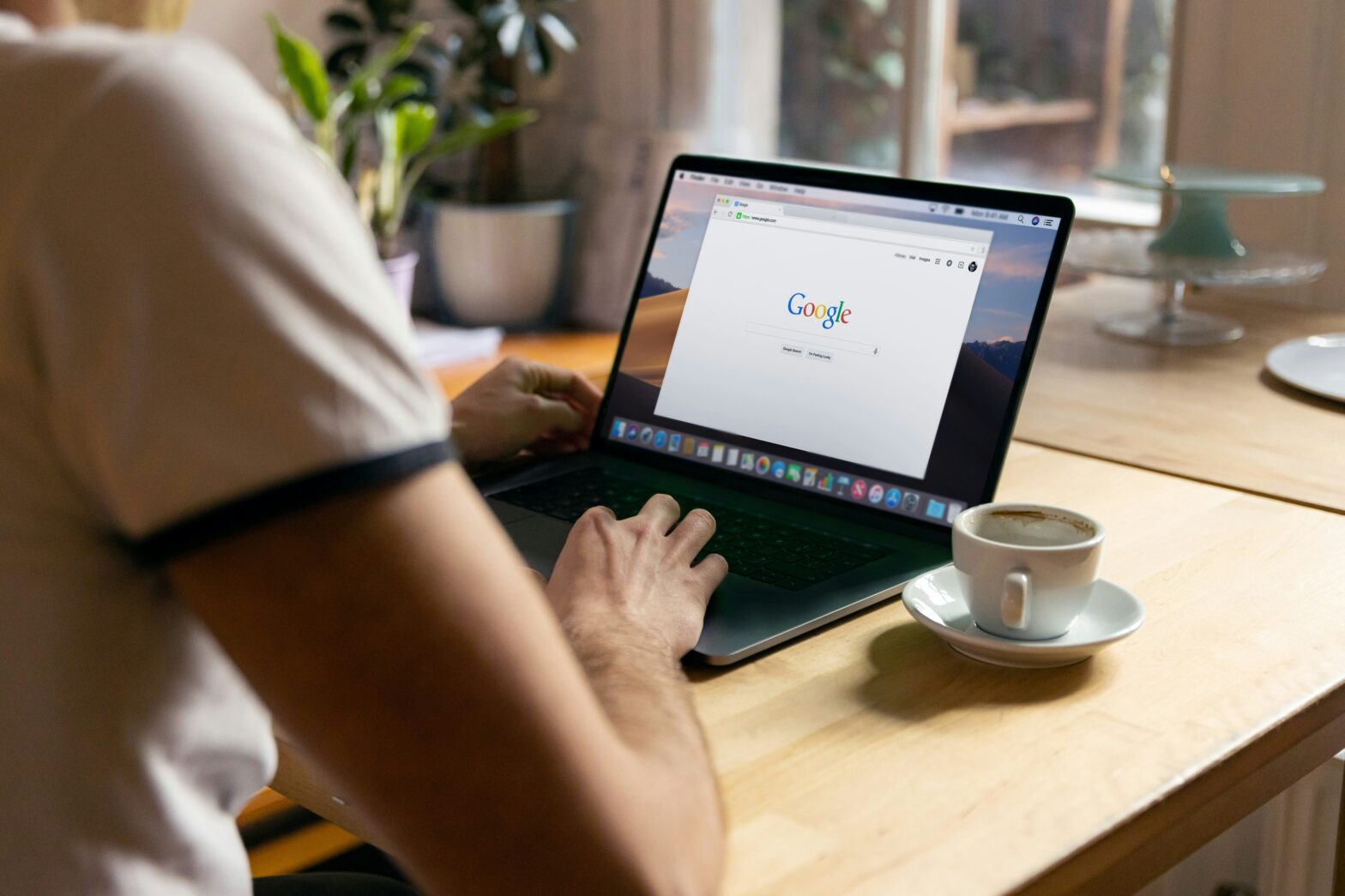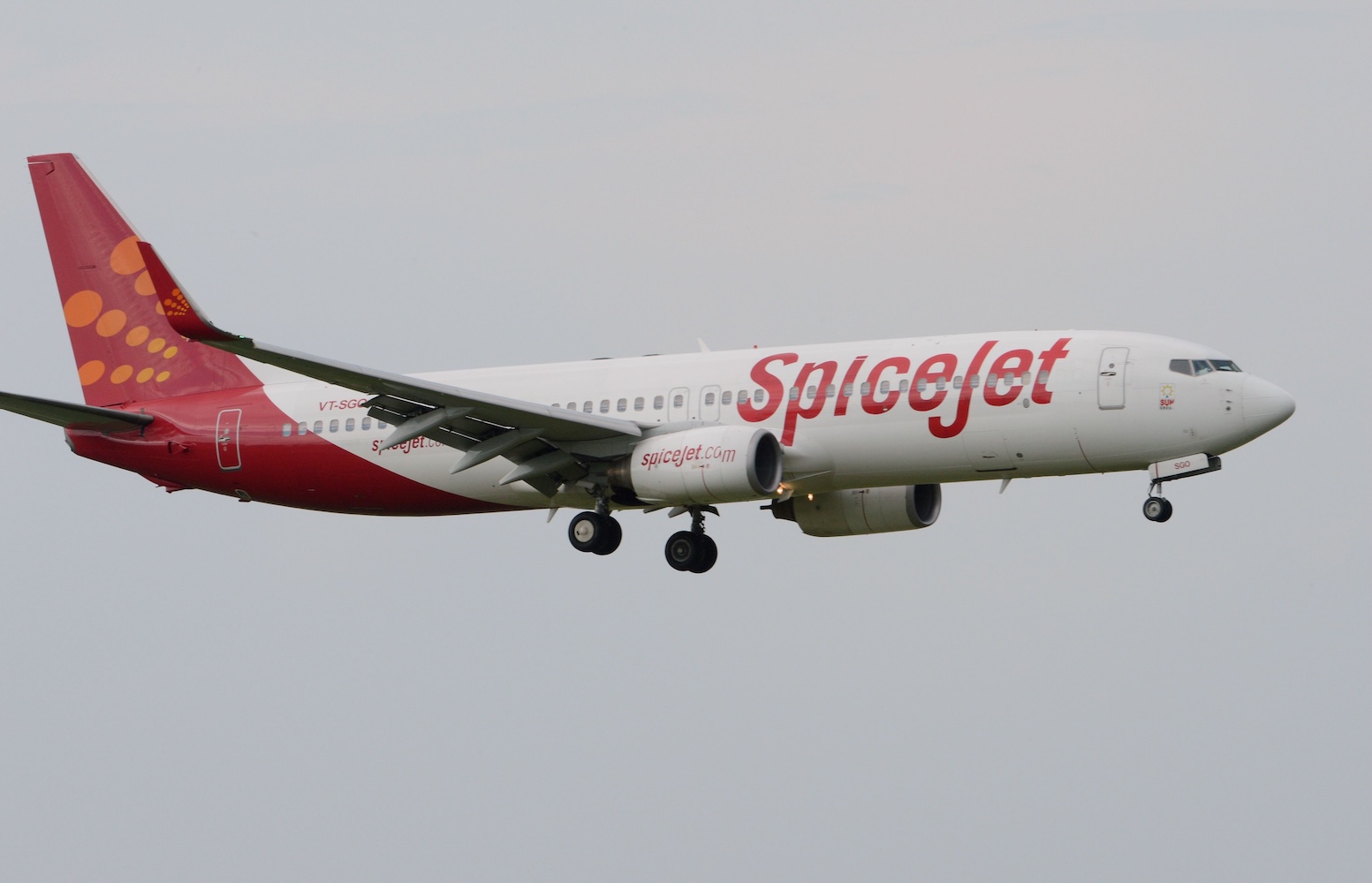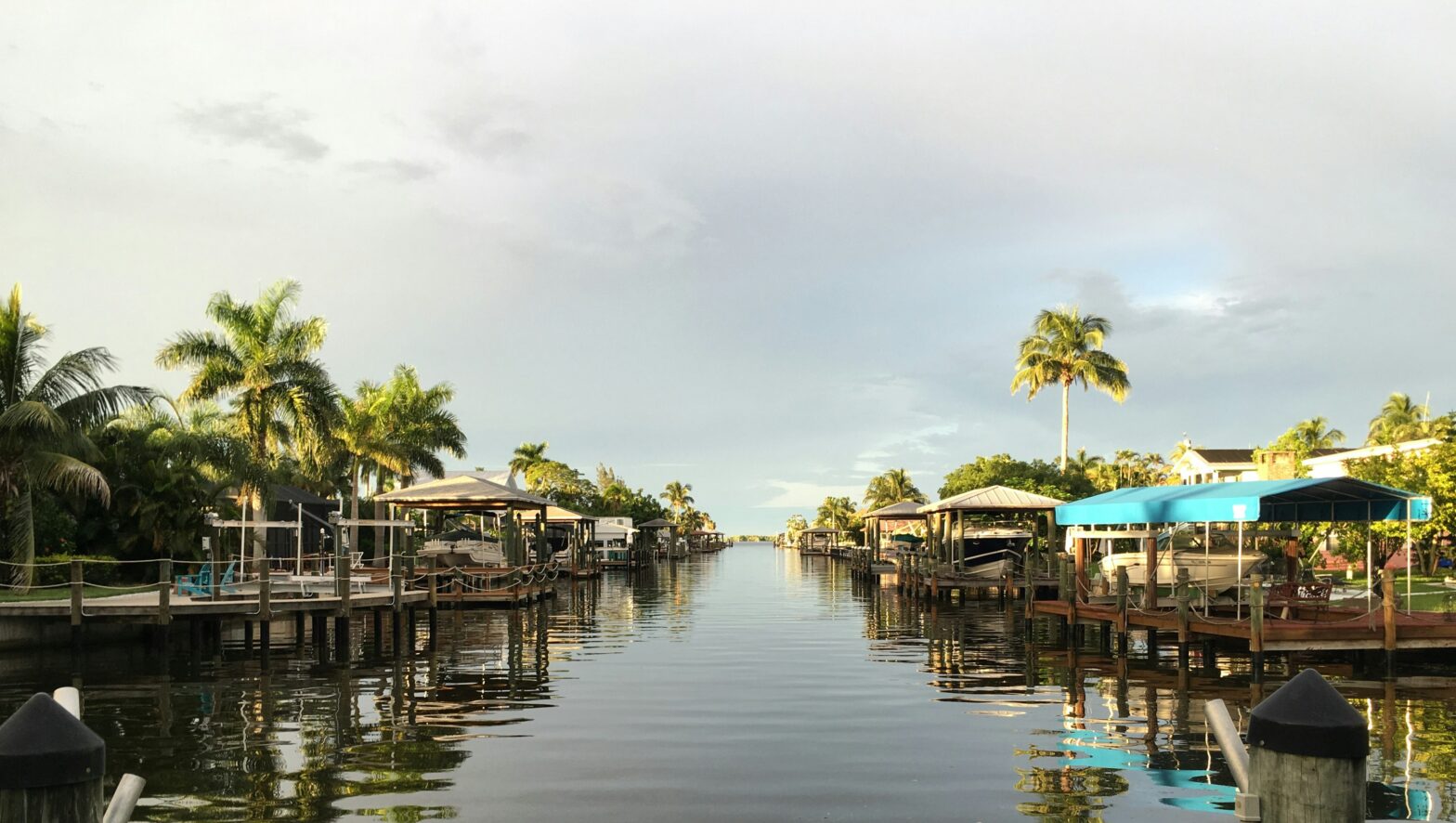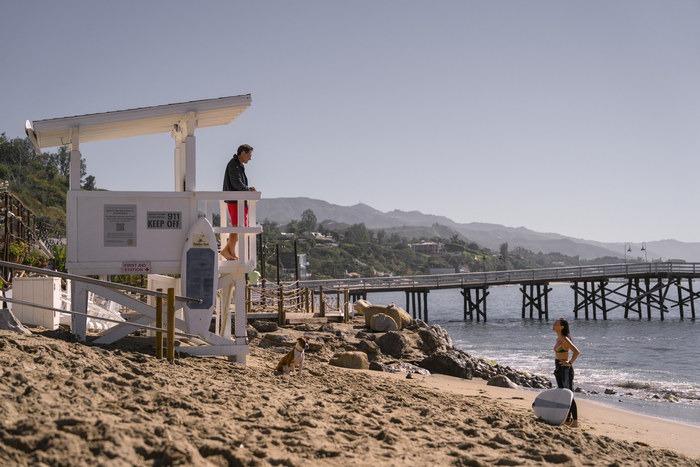Nearly three centuries later, a Jamaican Maroon leader apologizes on behalf of ancestors who, as part of a treaty ‘signed in blood’ with the British, handed over runaway Africans back to plantations. One Maroon Colonel has instead opted for a call for forgiveness rather than apology while another has questioned the validity of the original apology. These stances have caused a mixed reaction in the wider Caribbean community.
A short history on the Maroons of Jamaica
The Maroons were formerly enslaved and had escaped, organizing themselves to form what is still referred to as the Maroon community in the mountain fortresses within Jamaica, most notably in Portland and in Blue Mountains. They operated independently, growing their own food, practising guerrilla warfare and leading slave riots and rebellions.
The maroons are often divided into two groups, the Windward Maroons who were located to the east of the island and the Leeward Maroons who settled in the west. Cudjoe was the leader of the Leeward Maroons and Captain Quao led the Windward Maroons. Queen Nanny, a Jamaican national heroine and a legendary woman figure in Caribbean rebellion, ruled the Windward Maroons.
After persistent fighting against the British, several events which put pressure on the Maroon communities led to treaties being signed, eventually by both Windward and Leeward Maroons. Within these treaties, the maroons had to return all runaway enslaved peoples back to the plantations “immediately”.
Both the Leeward and Windward Maroon Treaties served to grant the Maroons freedom from the British and peace from the ongoing 84 year war. You can read sections of the Leeward and Windward treaties here.
The Maroons of Jamaica have always prompted varied reactions from many across the diaspora. On one hand there is a pride and appreciation for the successful rebellions that led to the creation of Maroon town for instance, a self-sufficient community free from British interference. On the other hand though, some feel that the betrayal of a treaty that forced the Maroons to hand over runaway Africans back to the British isn’t to be overlooked.
The apology
On Good Friday a high-ranking Maroon titled Paramount Chieftainess and Queen of the Maroons Gaamang Gloria “Mama G” Simms offered a heartfelt apology: “We regret the hurt and sufferings caused from such actions. We take total responsibility on behalf of our ancestors,” said Simms, who is said to occupy the seat once held by Queen Nanny of the Maroons.
“…We realise that we cannot undo the past, but we can remedy the situations through reconciliatory actions that will repair the damage and rebuild trust so that these behaviours will not be repeated,” she continued.
Simms has said that she is a descendent of the Leeward Maroons, from the Trelawny Town.
The apology came 8 days after the anniversary of a slavery rebellion led by Chief Takyi, an enslaved West African from Ghana, whose rebellion was the biggest slavery uprising in Caribbean history up to that point, according to reports. Following this, Takyi was killed by a Maroon during the uprising and beheaded.
The response
Still, Colonel Lloyd Lattibeaudiere of the Scott’s Hall Maroons told the Jamaica Observer that he does not support Simms apology in full but “commends her for her courage”.
“Personally, I would ask for forgiveness rather than issue an apology because what the Maroons were doing was what they agreed to. They were tricked and it has caused a rift between the Maroons and the rest of the African community for over 200 years,” Colonel Lattibeaudiere told the Jamaica Observer.
“The treaty, as it was written, was for the Maroons to help the English with any other uprising and the treaty was signed in blood.
“But, if an apology is what is needed for us to seal that wound and move on, let’s do that. Right now, it is a matter of recognising our culture. We need to acknowledge that the Maroons did some great things for the first freedom of people. Yes, they did some wrongs, but they had started the fight and gave other leaders the courage to fight,” Colonel Lattibeaudiere said.
Lattibeaudiere, who has been colonel for around two years, also shared that the community is facing multiple challenges, including lack of resources, little or no development, lack of educational and recreational activities, plus a myriad of social problems.
Another Leeward Maroon leader has risen up to express concern about the validity of Simms apology. Accompong Maroons Colonel Richard Currie, said Simms was not elected by the Maroons of Jamaica as Queen or Paramount Chieftainess and posted a thread in response.
Recent developments have shown Simms maintain her title, she told Nationwide News on April 21 that she is indeed a Maroon. According to Atlanta Black Star, Simms was installed as paramount chief by Maroons from Suriname in a ceremony that was captured on YouTube in 2014. She is also the founder and director of the Maroon Indigenous Women Circle.
While there are varying opinions across the Caribbean Diaspora, some do feel that an apology is long-overdue. Others are pointing fingers back to the root of the issue — the British, who should ultimately be the ones to offer reparations.

